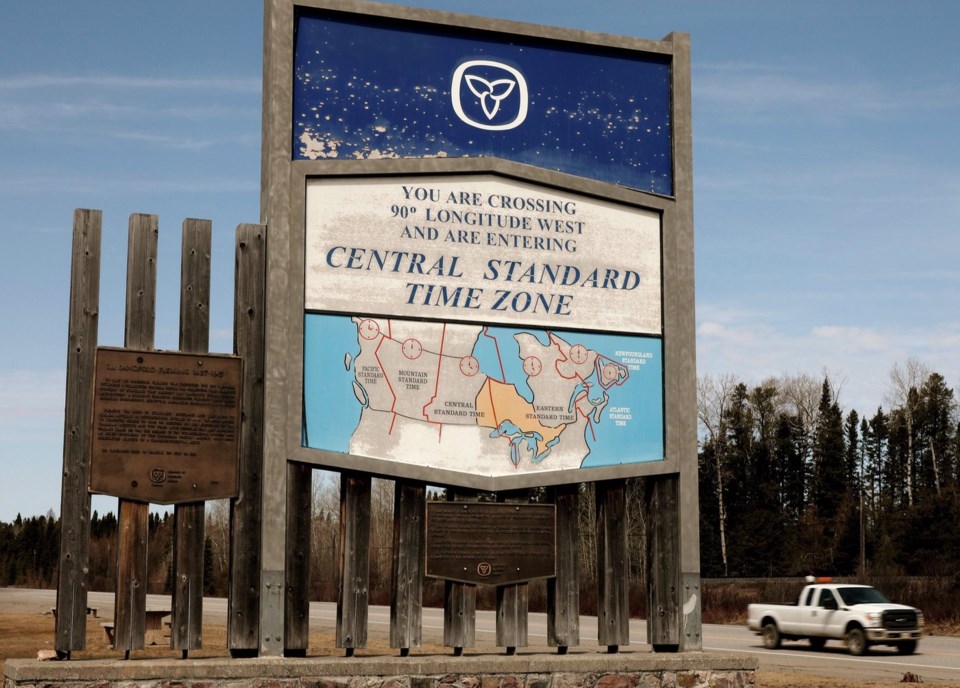A coroner's inquest into the death of a First Nations woman that opened Monday is expected to shed light on the challenges of delivering health care in remote communities.
The inquest being held in Thunder Bay, Ont., is looking into the circumstances surrounding the death of 31-year-old Ruthann Quequish on April 1, 2017.
She died from ketoacidosis, a complication associated with diabetes, at her home in Kingfisher Lake First Nation after going to the community nursing station several times in the days and hours before her death.
Quequish's mother, Edna, brother Jordan, and sister Samaria all testified on the first day of the inquest. They discussed the history of diabetes in the family and Quequish's struggle with an addiction to oxycontin.
Samaria testified that while her sister had been given suboxone, which aims to reduce reliance on opioids, the lack of a broader support system in the northern Ontario community creates challenges for people struggling with addiction.
Deputy Chief of Kingfisher Lake Lott Sainnawap testified about the prevalence of drug abuse in the community, linking it to the effects of intergenerational trauma impacting Indigenous people, as well as the lack of resources for those needing care.
Sainnawap also noted that the community does not have a doctor physically present and said it's not uncommon for someone experiencing an emergency to go to a nursing station, be given Tylenol and sent home.
Crown counsel Carolyn Leach said that Quequish attended the community nursing station several times over a 10-day period, and was sent home on each occasion including her final visit on March 31, a day before her death.
Jordan Quequish argued his sister's death could have been avoided.
"I think if somebody had really listened to her or took their job very seriously, I think she would be alive and here with us today," he said.
The presiding coroner Dr. Michael Wilson said the inquest is not looking to assign blame for Quequish's death, but hopes to learn from the past in order to forge "a better future."
A five-person jury is expected to deliver its verdict after the 14-day inquest that will hear from an estimated 20 witnesses.
This report by The Canadian Press was first published July 29, 2024.
The Canadian Press

